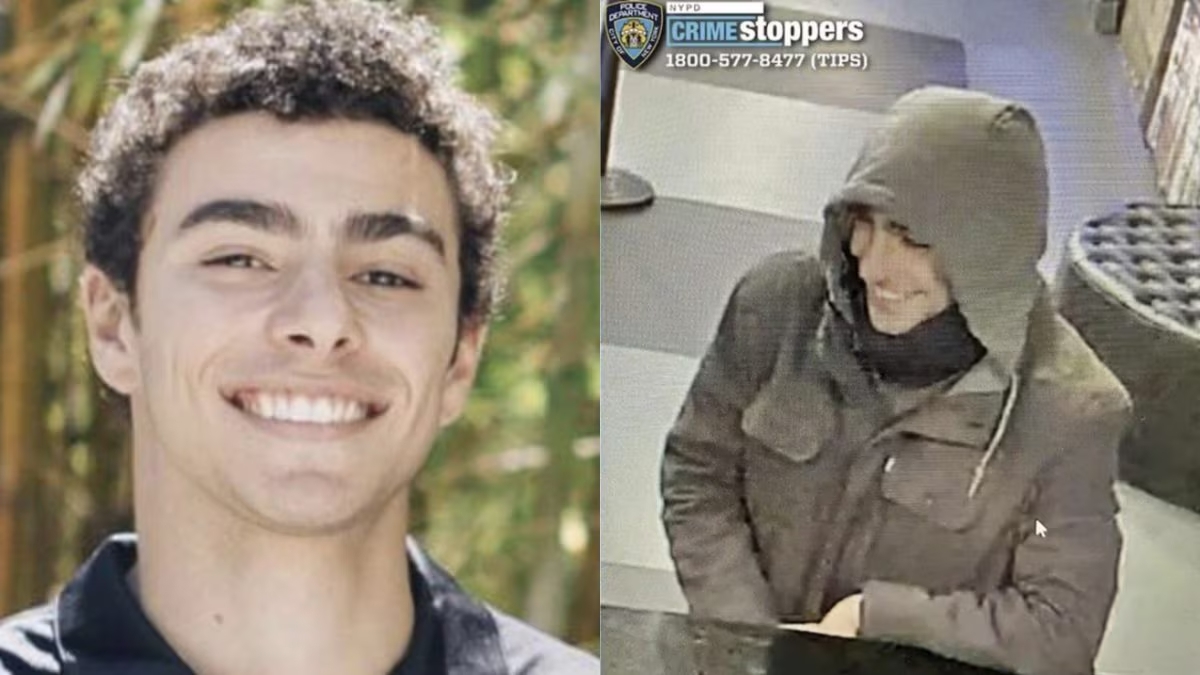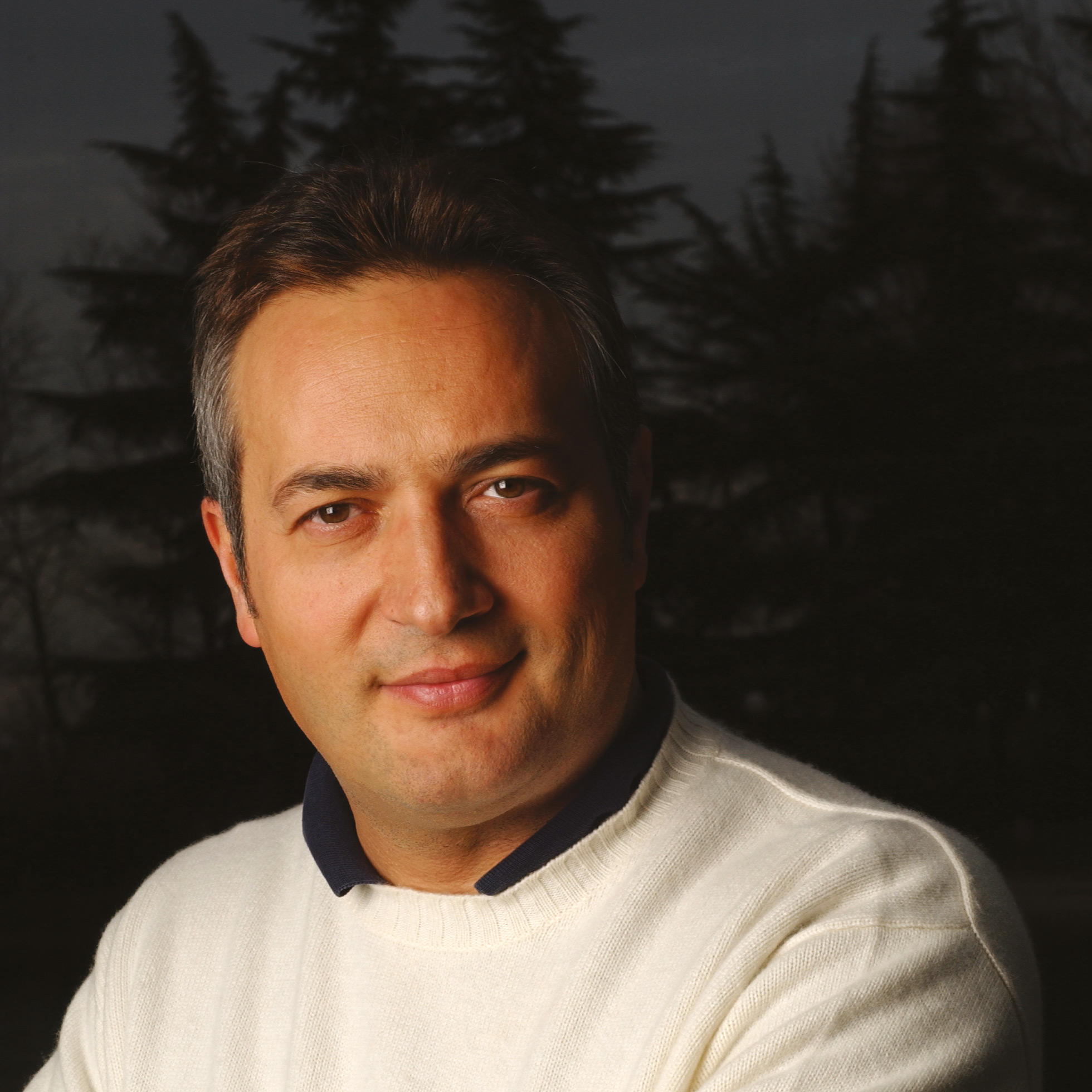The risk is that he becomes a hero beyond the realm of objective facts and judicial chronicles. The global web narrative, with its lack of spatiotemporal boundaries—the very essence of the internet’s communication revolution—transcends the realistic confines and rituals of justice. For social media worldwide, including in Italy, Mangione has already become a contemporary Robin Hood, avenging the powerless against the overwhelming dominance of health insurance lobbies. The murder of Thompson, CEO of United Healthcare, loses its ethical implications and morphs into a criminal act sublimated by the purpose of social vengeance.
As we mentioned, the internet crystallizes universal archetypes even from specific sociological models, in this case, the American trope of the lone killer. Yet Mangione, with his striking looks and media-savvy image, breaks away from the clichés usually associated with such cases: he is not a diagnosed lunatic, a drug addict, or a desperate individual. He was not abused, nor is he a product of marginalization. Instead, he was a model student from the most elite American universities, poised for a brilliant career. So why does he kill? Why does he not channel his protest against the healthcare giant into a political act?
His allure, devoid of moral judgment, lies in the cinematic sequence: the hood, the smile, the enigma, the DIY internet gun from a 3D printer. Mangione captivates because he avenges the world’s underprivileged against the modern manifestations of power—a 3D guillotine for the veiled king who denies you the right to health. This is not merely a story of today’s America; it is a modern tale of the failures and wounds of our democracies


